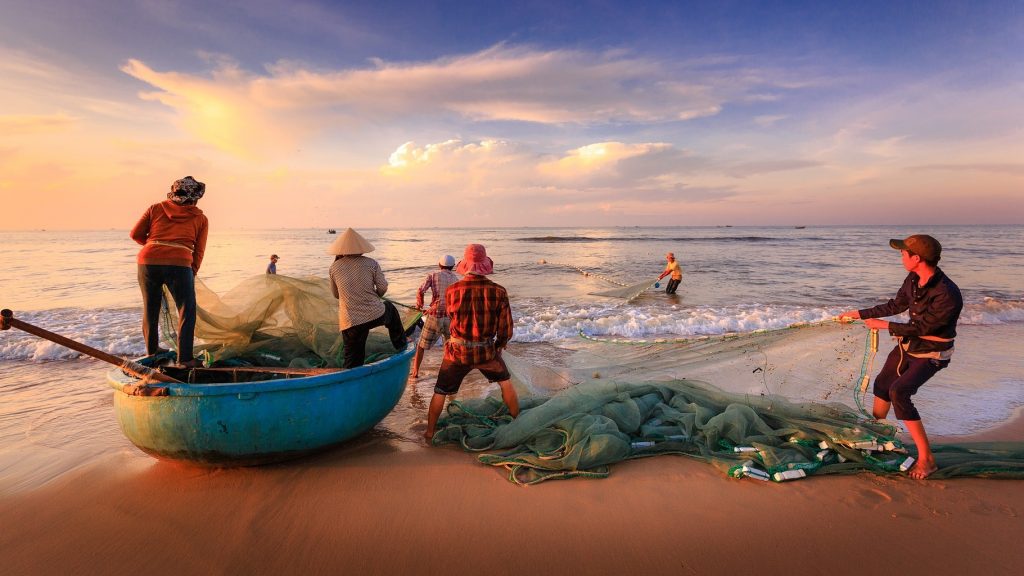Nestlé, the world’s largest food and beverage corporation, and Tesco, the UK’s biggest supermarket chain, have joined the Global Ghost Gear Initiative (GGGI) in a bid to address the 640,000 tons of fishing gear, or ghost gear, dumped in our oceans every year.
The two major corporations announced the news at the Our Ocean Conference in Bali this week, joining GGGI’s team of 91 global members, including Waitrose & Partners, Sainsbury’s, and the Canadian Government.
GGGI, launched in 2015 by World Animal Protection, is the only global alliance of its kind, dedicated to combatting the issue of ghost fishing gear on a global scale.

At the conference, it announced multiple new commitments to bolster its mission. GGGI promised to support thirty anti-ghost-gear projects across fifteen nations, where the need is the greatest, by 2025. It also pledged to double its financial commitment to supporting organizations and governments in 2019. This, it hopes, will ensure the effective scaling of projects preventing the problem of ghost gear, especially in developing countries.
Governments are also committing to help. The UK Government is offering more than £100,000 for work in Vanuatu and the Solomon Islands, as well as providing training on the best practice management of fishing gear in Commonwealth countries. Likewise, the Netherlands is committing €100,000 towards continued project work in Indonesia.
And the need for this support is vital. Ghost gear, which includes lost and abandoned fishing nets, lines, and traps, can remain in the ocean for up to 600 years.
In a statement, World Animal Protection explained that “Fishing gear is designed to capture and kill, and when lost, it continues to fish.” An estimated 30 percent of the decline in some fish stocks is caused by ghost gear, while 71 percent of marine animal entanglements – causing great suffering and even death – involve plastic ghost gear.
“Ghost gear is recognized as a key issue that we need to tackle if we want to ensure sustainable fish stock levels and clean and thriving oceans,” says Ingrid Giskes, Global Head of Sea Change at World Animal Protection.
“I am delighted that large corporate partners and governments alike are committing resources to ensure that we can use our collective impact to make a real dent.” She added. “The commitments announced today will help ensure that we will achieve a net reduction of the amount of ghost gear in our oceans – by preventing more from entering and removing what is already there.”
Become a CLUBKINDLY member today!


